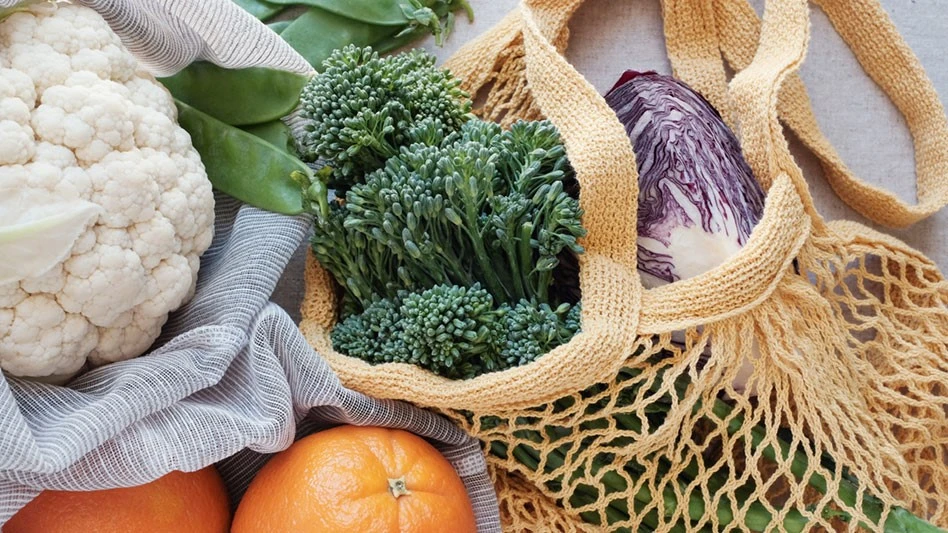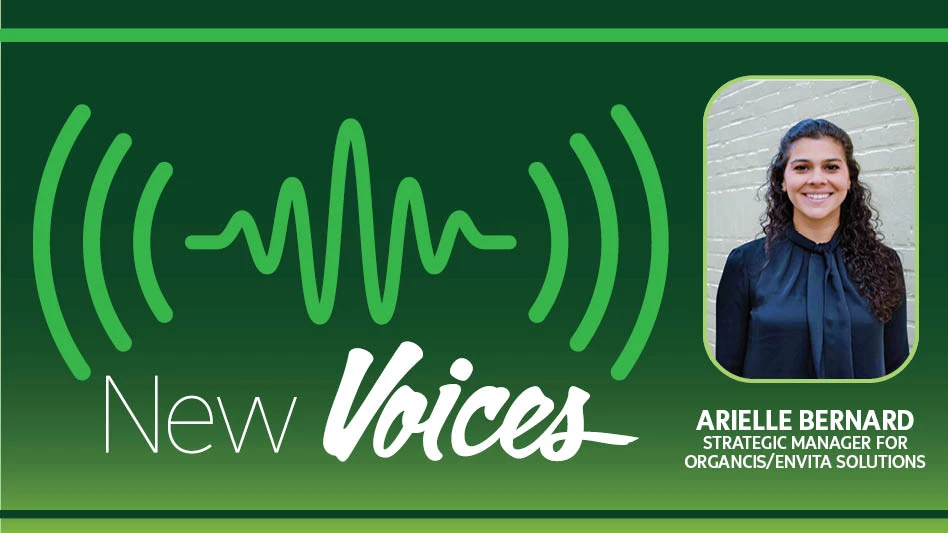
sewcream | stock.adobe.com
Kroger Co., a leading grocer based in Cincinnati, has updated its environmental, social and governance (ESG) action plan to support its comprehensive strategy.
“We live to our purpose—to feed the human spirit—through Kroger’s commitments to advance positive impacts for people and our planet and create more resilient global systems,” Kroger Chairman and CEO Rodney McMullen says. “We are proud to report that Kroger continues to make progress toward key ESG goals. I am especially proud of the Kroger team’s collective effort to create communities free from hunger and food waste.”
As part of the Zero Hunger | Zero Waste initiative, Kroger has directed 2.3 billion meals to communities, including $1 billion in charitable support and 500 million pounds of surplus fresh food rescued from Kroger stores to help end hunger.
In addition to the Zero Hunger | Zero Waste initiative, Kroger says it is progressing toward key goals in packaging, climate impact, human capital management, human rights and animal welfare.
Packaging
Kroger has completed an initial packaging baseline assessment to establish a plan to achieve its 2030 sustainable packaging goals, which include 100 percent recyclable, reusable and/or compostable “Our Brands” packaging by 2030. The baseline focused on grocery and fresh food products, as well as health, beauty, household supplies and cleaning items. Baseline findings show that 40 percent of in-scope “Our Brands” product packaging meets the company’s definition of recyclable today when measured by weight.
Related story: Kroger joins Sustainable Packaging Coalition
Climate Impact
Kroger committed to set a more aggressive greenhouse gas (GHG) reduction target aligned with the requirements of the Science Based Targets initiative (SBTi). The company’s current 2030 goal is aligned with a well-below 2 C climate scenario; however, given the urgency for greater climate action, the goal will be strengthened to support a 1.5 C climate scenario. Kroger will also set a new Scope 3 goal for supply chain emissions reduction as part of its SBTi commitment
The company says it will share a detailed project roadmap for achieving the current GHG reduction goal by the end of the 2022 fiscal year.
Human capital management
Kroger’s family of companies continues to offer accessible employment and economic advancement opportunities for more than 400,000 people across the U.S. Kroger has invested an incremental $1.2 billion in associate compensation and benefits since 2018, raising the average hourly rate to over $17/hour and over $21/hour when comprehensive benefits like health care and pensions are included.
Human rights
Kroger recently updated its Human Rights Policy to align with the United Nations Guiding Principles on Business and Human Rights. The company says it is developing a comprehensive human rights due diligence framework and implementation roadmap aligned with the UNGPs. This work will continue through 2022. Kroger also recently launched its first human rights impact assessment.
Animal welfare
Kroger updated its Animal Welfare Policy and shared a detailed Animal Welfare Update to outline progress to date and road maps for future milestones. The company says it hopes to source 100 percent of its fresh pork from suppliers that house sows in group housing systems by 2025. It also hopes to 70 percent cage-free eggs by 2030.
“With this updated action plan, we are seeking to address a wide range of complex social and environmental challenges, and setting ambitious impact targets,” says Keith Dailey, Kroger’s group vice president of corporate affairs and chief sustainability officer. “These commitments express Kroger’s aspiration to make affordable fresh food even more accessible while advancing positive impacts for our communities and the planet.”
Kroger is integrating its ESG commitments into various operational workflows and developing a culture of shared values with “positive outcomes for all stakeholders, Dailey adds.
For additional information visit Kroger’s ESG HUB, ESG Strategy: Thriving Together.
Latest from Waste Today
- American Biogas Council reports record investment in biogas systems
- Washington installs 30 food waste smart bins to support composting
- Waste Connections reports Q4 results, closes 24 acquisitions in 2024
- Denali effort targets NASCAR events food waste
- Crystal Clean completes multiple acquisitions
- Nopetro Energy expands executive team
- Minnesota city commissions composting system
- Grants to improve UBC capture rate at 2 MRFs





